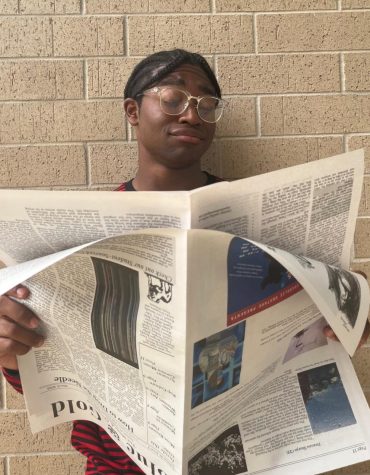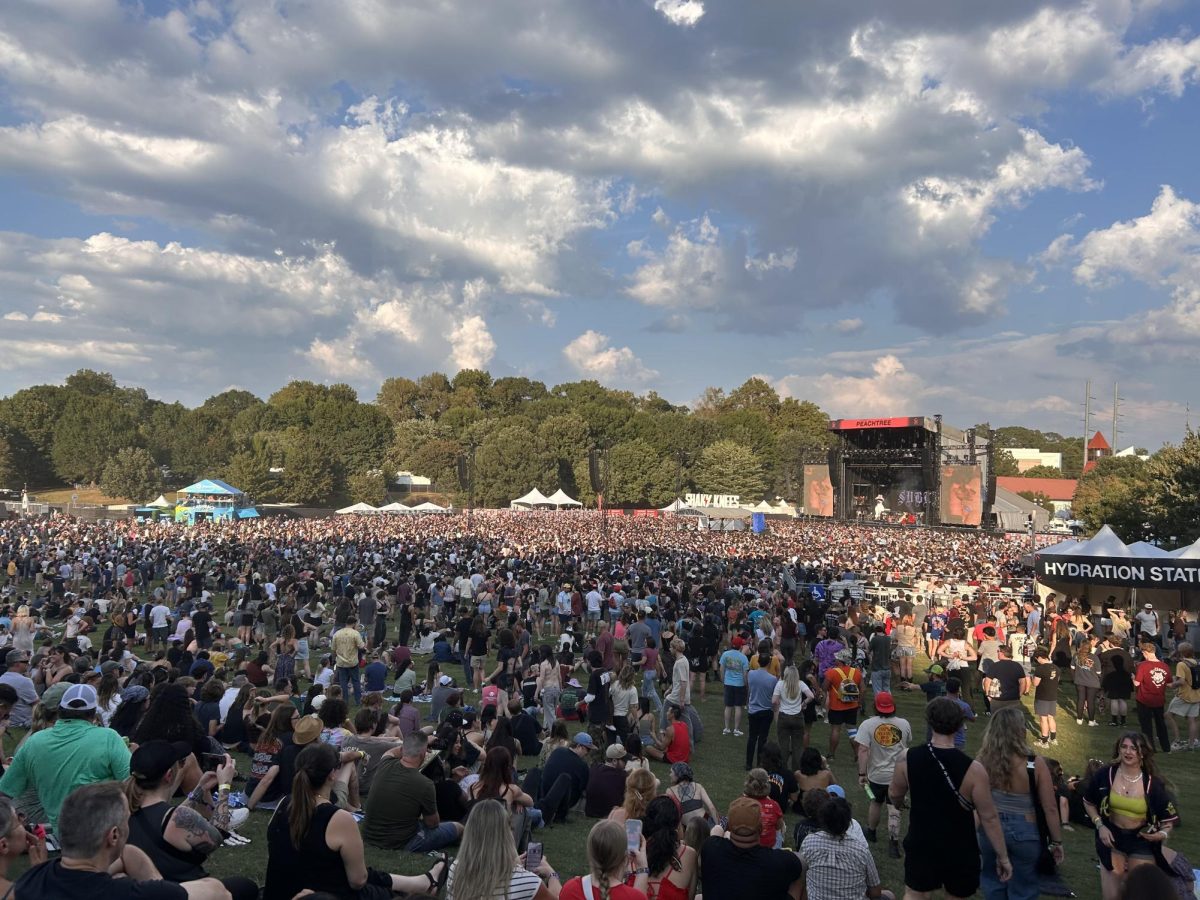Is There a Separation Between Art and the Artist?
May 8, 2023
Is there a way to separate the art from the artist? This debate has surged in recent months with the outbursts of Ye and a growing “cancel culture.” As I have seen it, these conversations always create an argument, one that ends with no progression in opinion. I offer that a different approach should be taken as the discussion is had.
Many come from the point of view that by listening to an artist and paying them, they are essentially supporting their ideology. I believe that it must be determined based on the pros and cons of your enjoyment of that art. As a musician and avid music listener, I have become dependent on music. I listen to it to focus, get me out of a bad mood, and enjoy life. After hearing Ye’s antisemitic comments, I felt a societal pressure to “choose a side.” I struggled with the fact that stopping listening to Ye also meant that I could never revisit a song that changed my life.
“Father Stretch My Hands Pt. 1” by Ye is the song that created my friendship with my now best friend. It fostered a connection between us that I would not give up on the world. Although this is an extreme case, it left me with a decision on supporting “bad” people or happiness. People are faced with this choice on a daily basis. Choosing whether to support certain businesses based on their ethics could become exhausting as you start to learn of all the things that you enjoy but can’t participate in anymore. At some point, the separation of products becomes arbitrary. It comes to a point where you must ask yourself, what are your limits to what support? The opinion that is created from this question is the reason that the concept of “canceling” is dangerous. As canceling becomes popular, people tend to blindly follow in fear without thinking about where their limits are. This could cause irreparable damage when done to the wrong person or – besides a single incident – a good person.
Artists are nothing more than strangers that have expressed their feelings through music to everyone else. They do not deserve to be put on a different level of fame than anyone else. Just like anyone else, they have differing opinions and make mistakes. There is fear on both ends of the argument. Artists must dampen their creativity and often do things to boost their public relations. This brings to question the morality of doing “good” things for other people rather than yourself. Kendrick Lamar talks about this issue in the song “Savior” from the album Mr. Morale & The Big Steppers.” He raps, “Bite they tongues in rap lyrics/Scared to be crucified about a song but they won’t admit it/Politically correct is how you keep an opinion,” stating how rappers are unable to express their opinion freely without fear of losing everything. As the song continues, he talks about collective consciousness and its contradictions to peace, literally asking if listeners really want peace.
In a world where social media dominates, it seems that a certain sense of compassion for other human beings is given up behind lifeless screens. The purpose of having an argument is not to win, but to come to a better understanding of people different from you. I urge people to think a little more about their personal rather than a collective opinion and remain open-minded when the question inevitably arises again.










